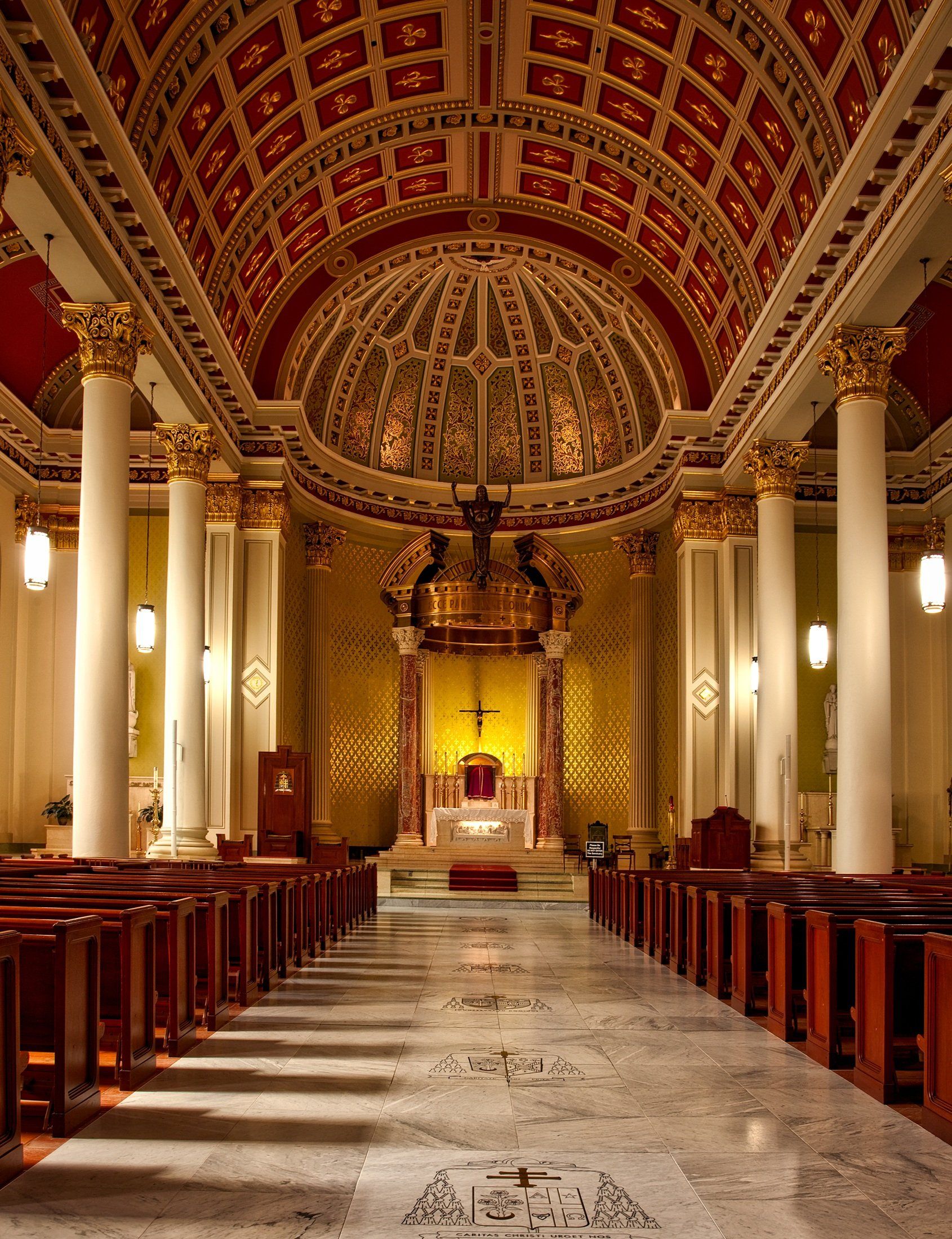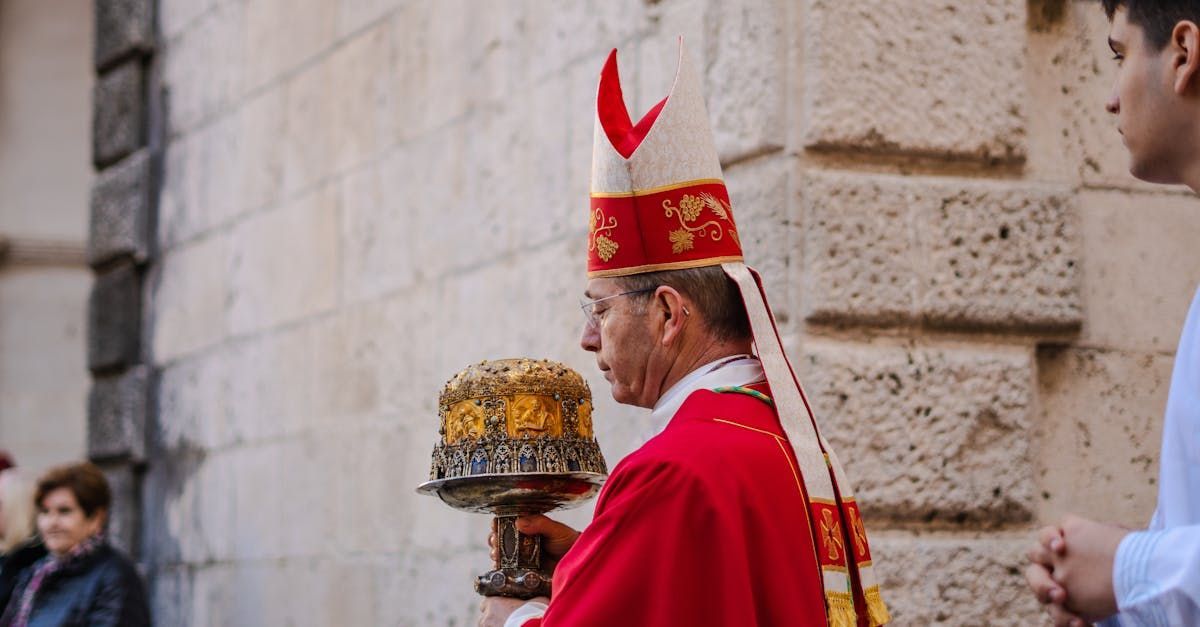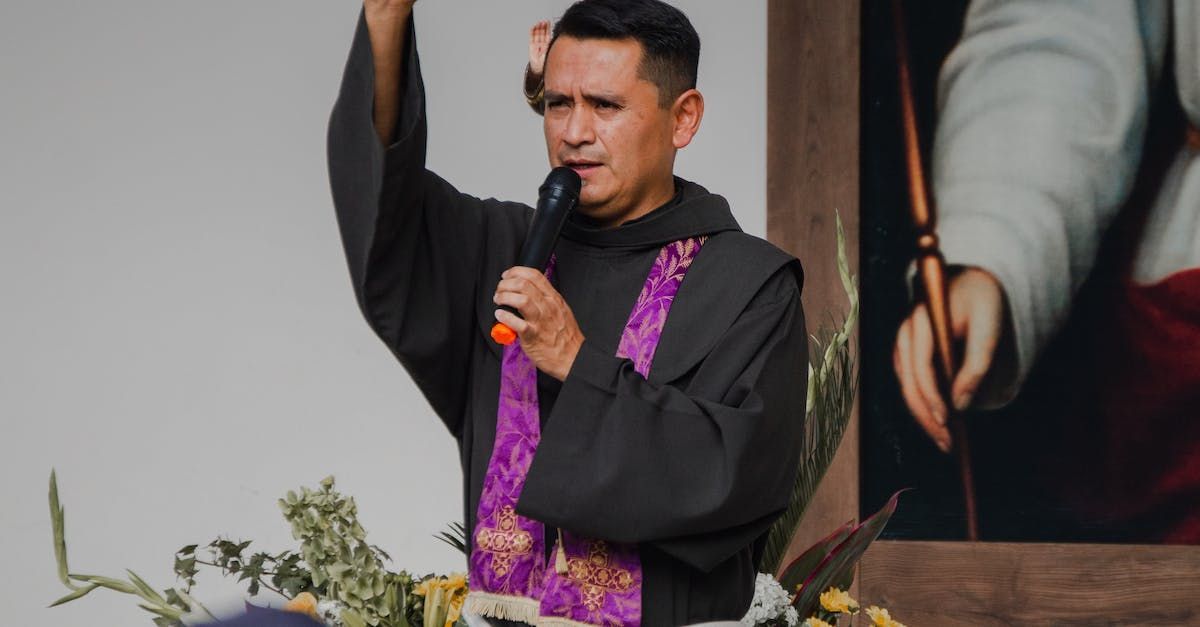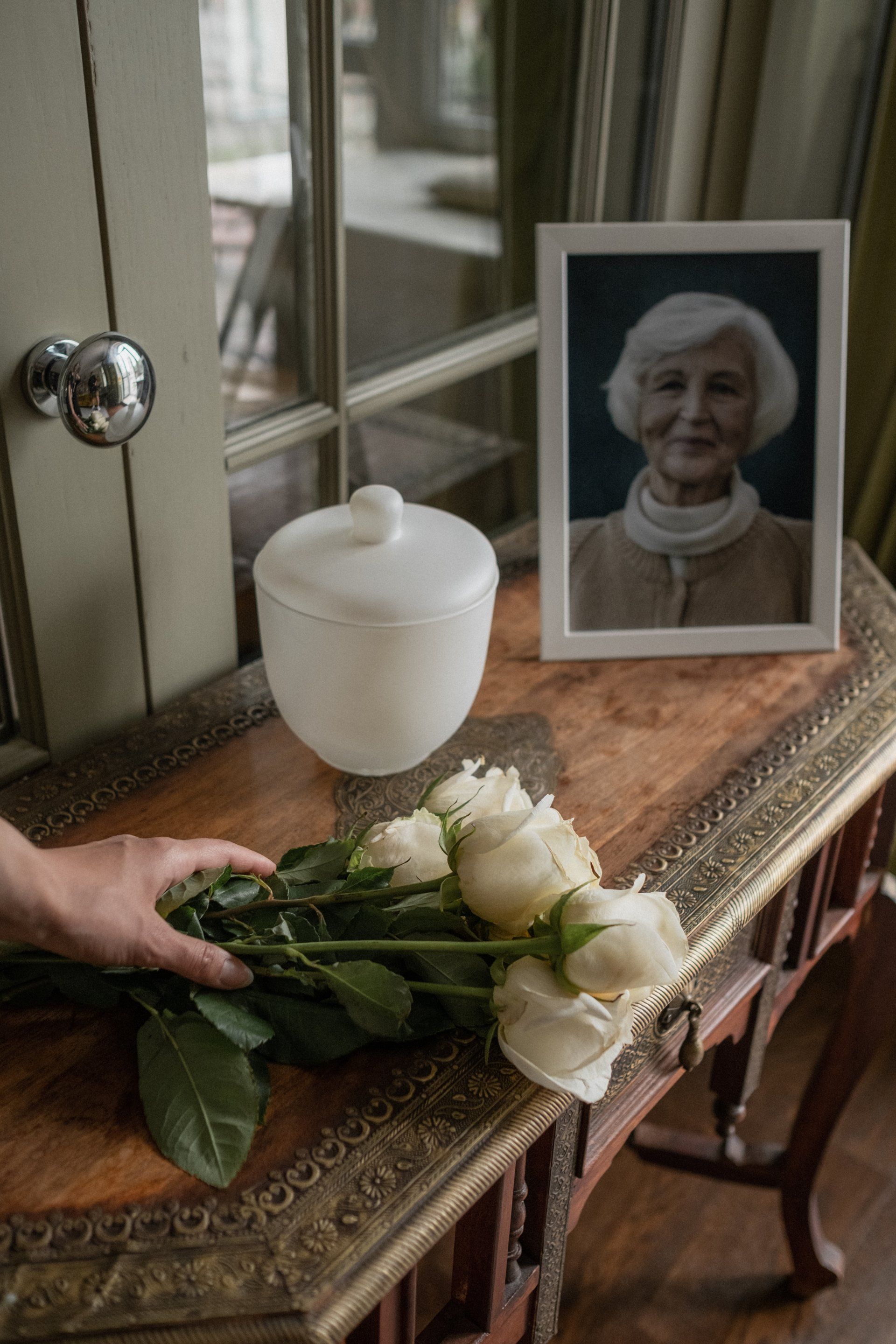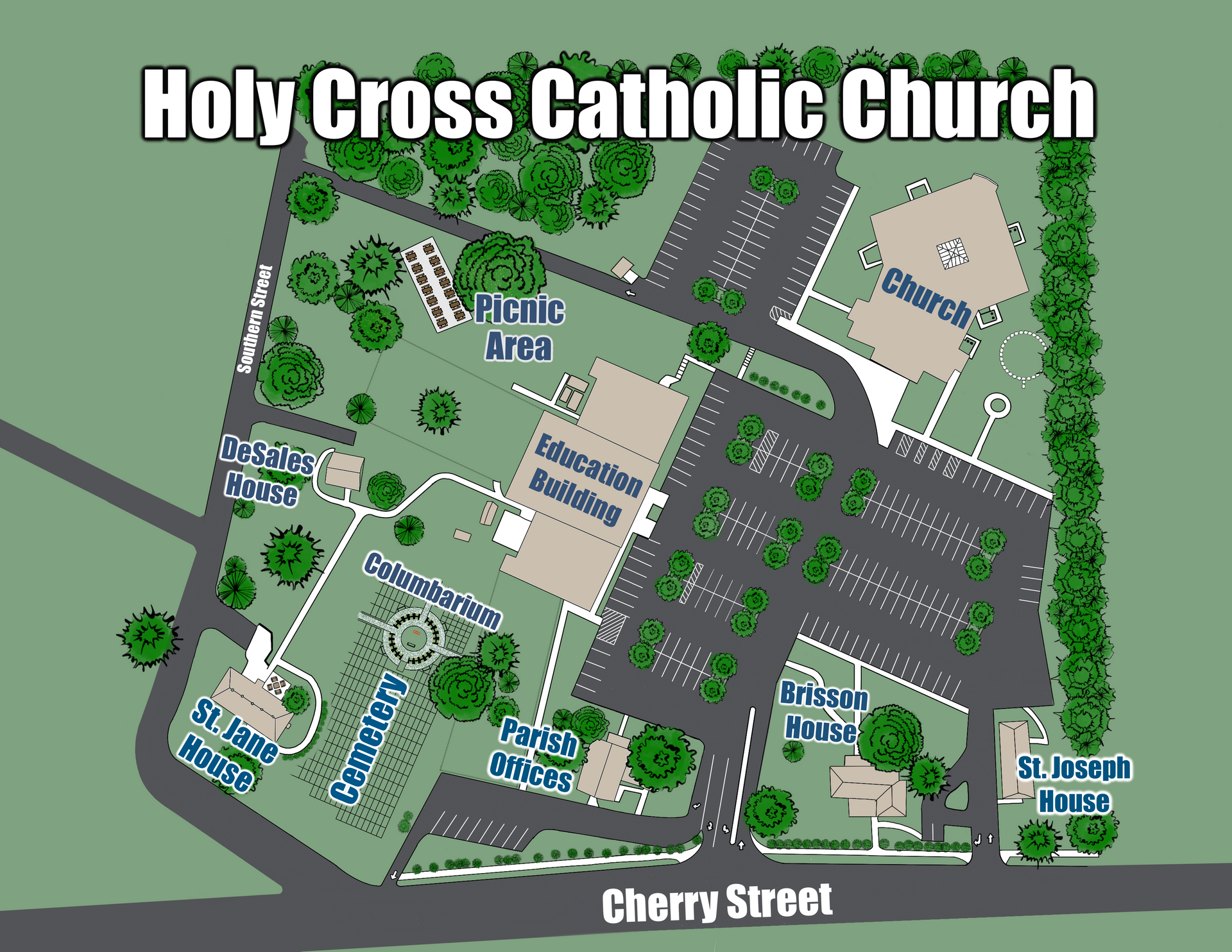Church Precept #2
To confess your sins to a priest once a year.
The second precept of the Church is “To confess your sins to a priest once a year.” Coupled with the third precept in which the faithful are required to receive the Eucharist at least once a year and during the Easter season, these are called “the Easter duty.” It is required that all the faithful take advantage of the sacrament of penance at least once a year. This is why it is customary to increase the times for confession during Lent. In those places where there are not enough priests to hear all the confessions of the faithful, it may be opportune to bring in a number of priests on one evening for the faithful to avail themselves of God’s mercy.
In the sacrament of baptism, all original and personal sin is wiped away and the soul becomes justified with the divine life of God within it. After Baptism, when a person commits a personal sin (a word or action that is contrary to God’s law), it irritates (venial sin) or ruptures (mortal sin) one’s relationship with God. Venial sin also frustrates our relationship with the Church, the body of Christ, or —in the case of mortal sin — separates us from the body of Christ. Therefore, sin disturbs our relationship with God and his church. For this reason, it is not enough to “go to God directly” in prayer for forgiveness. We must confess our sins to a priest who stands in the person of Christ in the celebration of the sacraments and, in the case of confession, in the person of the Church. He is a merciful judge to reconcile us to God AND the Church.
The power to forgive sins belongs to God alone. Through Christ’s sacred passion, he actualized this power and unlocked the gates of paradise that, up until his death and resurrection, had remained shut. Immediately after his resurrection, he appeared to his apostles gathered in the upper room, breathed on them, and said, “Peace be with you. Whoever’s sins you forgive are forgiven. Whoever’s sins you retain are retained.” He immediately gives the Church a full share in the power to forgive sins through his bishops and priests. In a real way, then, the Church is the instrument that holds us accountable in seeking out true means of conversion and metanoia.
There seems to be a renewed interest in “spiritual direction” in our modern day. In my own experience, I have found that 99.9% of folks looking for a spiritual director do not need spiritual direction. Instead, what most folks need is to go to confession monthly, by appointment, with the same priest who will hold them accountable for their spiritual and moral life. In the tradition of the Church, spiritual direction is a charism of the Holy Spirit given to a person for a time in order to lead someone through a difficult life decision related to their fidelity to God’s call.
Pastor's Ponderings



